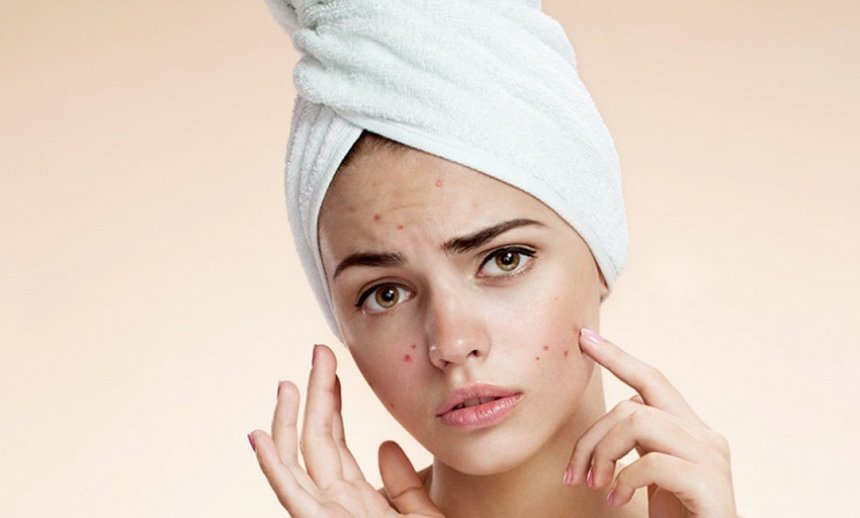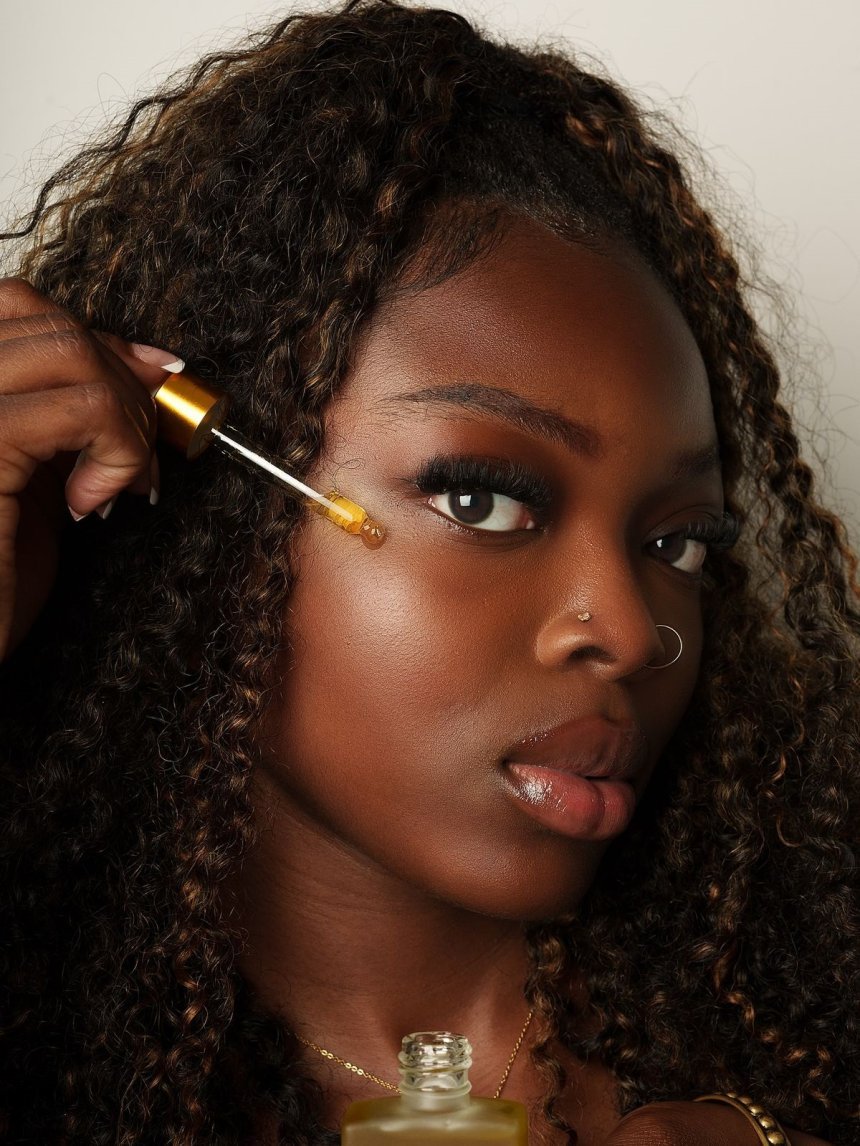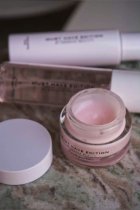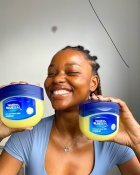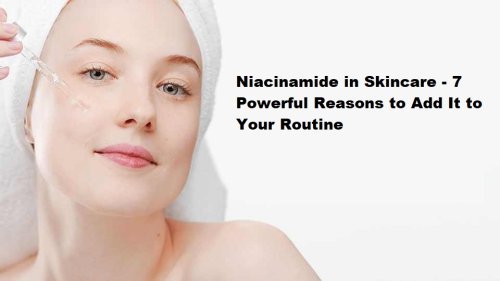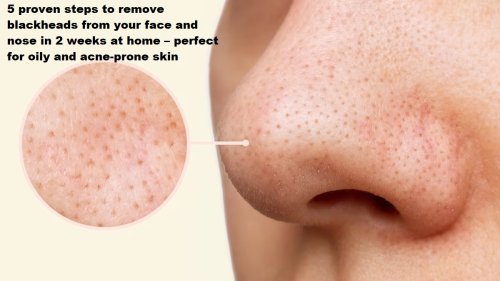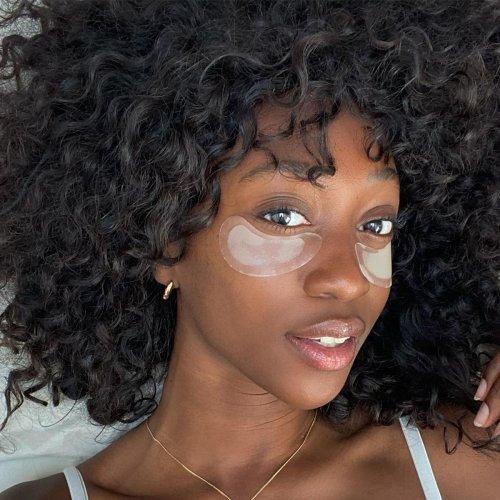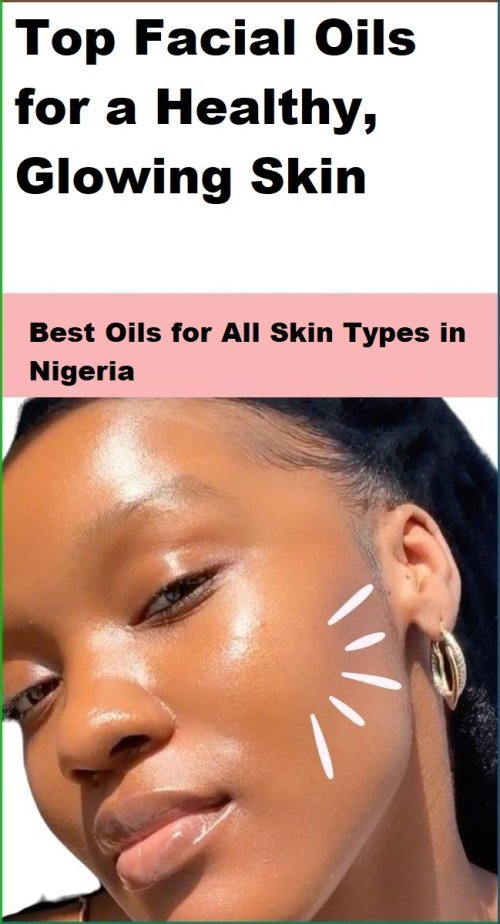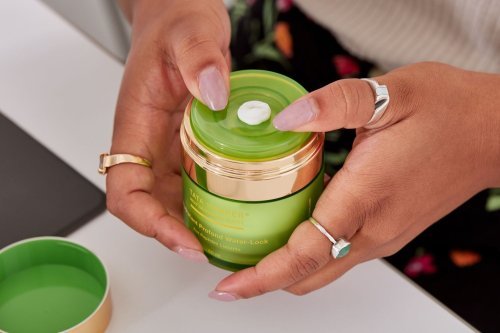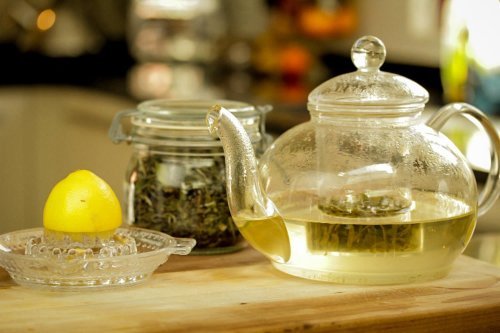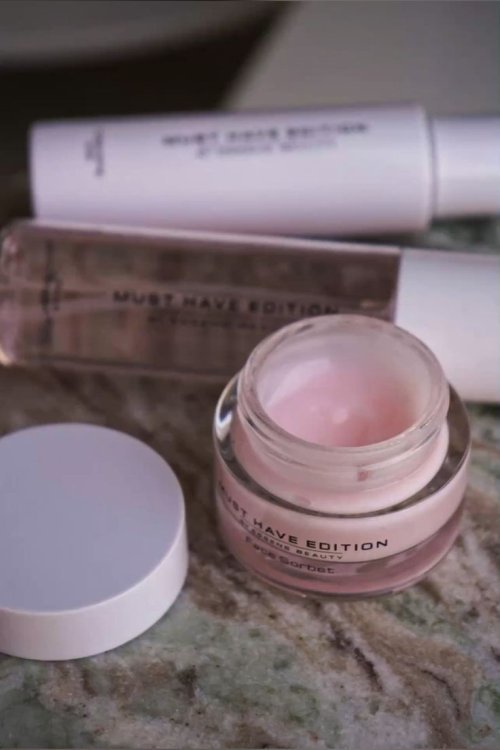6 Best Humectants for Dry Skin That Work Better Than Glycerin
Discover the Best Humectants for Dry Skin That Work Better Than Glycerin. From hyaluronic acid to honey, learn which powerful ingredients can deeply hydrate, repair, and smooth your skin for a soft, radiant glow.
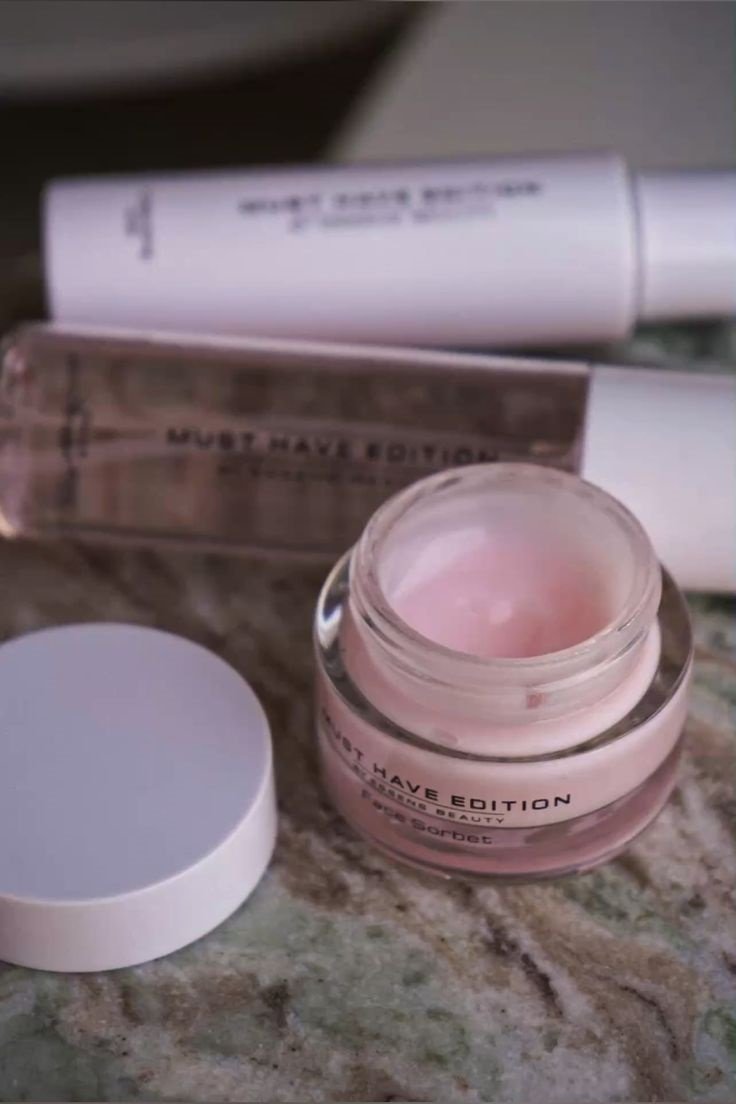
6 Best Humectants for Dry Skin That Work Better Than Glycerin
If you’ve been struggling with dry, flaky, or tight skin, chances are you’ve seen glycerin listed as a key ingredient in your moisturizers. Glycerin is a popular humectant an ingredient that attracts water into the skin and has been a staple in skincare for decades. While it’s effective, glycerin isn’t perfect for everyone. Some people find it sticky, heavy, or less hydrating in dry climates where there’s little moisture in the air for it to pull from.
The good news? Skincare science has introduced (and rediscovered) humectants that can work even better than glycerin, offering lighter textures, deeper hydration, and added skin benefits. In this guide, you’ll discover the best humectants for dry skin that not only lock in moisture but also nourish, soothe, and repair your skin barrier.
6 best humectants for dry skin
Here are the ebst humectants for dry skin that you might prefer to glycerin
1. Hyaluronic Acid – The Ultimate Water Magnet
Hyaluronic acid is a powerhouse humectant that can hold up to 1,000 times its weight in water. Unlike glycerin, it comes in various molecular sizes:
-
High molecular weight sits on the surface to prevent moisture loss.
-
Low molecular weight penetrates deeper layers of the skin for lasting hydration.
Also Read: How to Apply Retinol to Your Face – The Ultimate Guide for Beginners
Benefits for dry skin:
-
Intensely hydrates without feeling greasy
-
Plumps fine lines and improves elasticity
-
Works well year-round, even in drier environments
Pro Tip for Use: Apply hyaluronic acid serum to slightly damp skin after cleansing, then follow with an emollient moisturizer to lock in the hydration.
2. Sodium PCA – A Natural Moisturizing Factor Booster
Sodium PCA is a naturally occurring component of the skin’s Natural Moisturizing Factor (NMF), which is essential for keeping the skin hydrated. It binds water molecules more effectively than glycerin, and it has a lighter, non-tacky texture.
Also Check: Niacinamide in Skincare - 7 Powerful Reasons to Add It to Your Routine
Benefits for dry skin:
-
Instantly softens rough, flaky skin
-
Strengthens the skin barrier to prevent moisture loss
-
Non-irritating, making it ideal for sensitive skin
Pro Tip for Use: Look for moisturizers or serums with sodium PCA as a top ingredient, and layer it with a barrier cream for maximum results.
3. Panthenol (Pro-Vitamin B5) – The Soothing Hydrator
Panthenol works as both a humectant and an emollient, which means it not only attracts water to the skin but also smooths and softens it. It also has anti-inflammatory properties, making it great for dry skin that feels irritated or itchy.
Benefits for dry skin:
-
Long-lasting hydration without heaviness
-
Calms redness and discomfort
-
Improves skin elasticity over time
Pro Tip for Use: Use panthenol-enriched toners, serums, or creams twice daily for best results, especially during colder months.
4. Beta-Glucan – The Barrier Repair Specialist
Beta-glucan is an underrated humectant that holds even more water than hyaluronic acid in some cases. It also has skin-repairing and anti-inflammatory benefits, which makes it ideal for dry skin prone to sensitivity.
Benefits for dry skin:
-
Deeply hydrates and locks in moisture
-
Supports skin barrier recovery
-
Reduces redness and irritation
Pro Tip for Use: Beta-glucan works beautifully in serums and sheet masks. Use it after cleansing and before heavier creams.
5. Aloe Vera Extract – Nature’s Hydrating Healer
Aloe vera is packed with natural humectants, vitamins, minerals, and amino acids that hydrate while also soothing and healing the skin. Unlike glycerin, it feels cool and refreshing without any stickiness.
Benefits for dry skin:
-
Hydrates and calms irritation instantly
-
Promotes skin repair and regeneration
-
Lightweight and fast-absorbing
Pro Tip for Use: Use pure aloe vera gel as a hydrating layer under moisturizer, or apply aloe-rich sheet masks 2–3 times a week.
6. Honey (Manuka or Raw) – The Multi-Tasking Moisture Magnet
Honey is a natural humectant with added antioxidant and antibacterial benefits. This means it not only hydrates but also protects the skin from environmental damage and speeds up healing.
Benefits for dry skin:
-
Attracts and retains moisture in the skin
-
Reduces inflammation and irritation
-
Encourages faster skin repair
Pro Tip for Use: Apply a thin layer of raw or Manuka honey as a face mask for 15–20 minutes, then rinse off with lukewarm water.
How to Use Humectants for Maximum Hydration
-
Apply on Damp Skin – Humectants work best when there’s moisture to pull from.
-
Layer with Emollients and Occlusives – This prevents the water from evaporating.
-
Use Consistently – Daily use ensures your skin remains hydrated and healthy.
Final Thoughts
Glycerin is a classic humectant, but if you find it sticky or not hydrating enough, there are more advanced and effective alternatives. Hyaluronic acid, sodium PCA, panthenol, beta-glucan, aloe vera, and honey offer deeper hydration, better skin feel, and additional skin benefits.
By incorporating these into your routine, you can transform dry, tight skin into a plump, soft, and radiant complexion no glycerin required.
Share
What's Your Reaction?
 Like
0
Like
0
 Dislike
0
Dislike
0
 Love
0
Love
0
 Funny
0
Funny
0
 Angry
0
Angry
0
 Sad
0
Sad
0
 Wow
0
Wow
0
